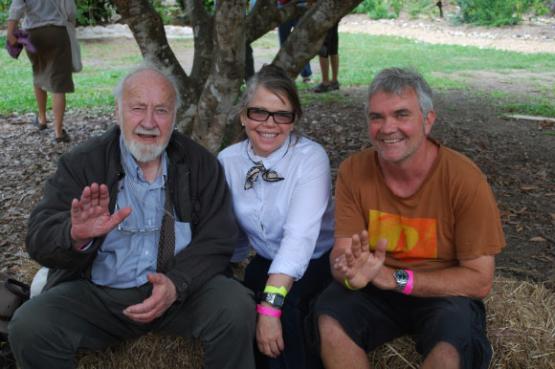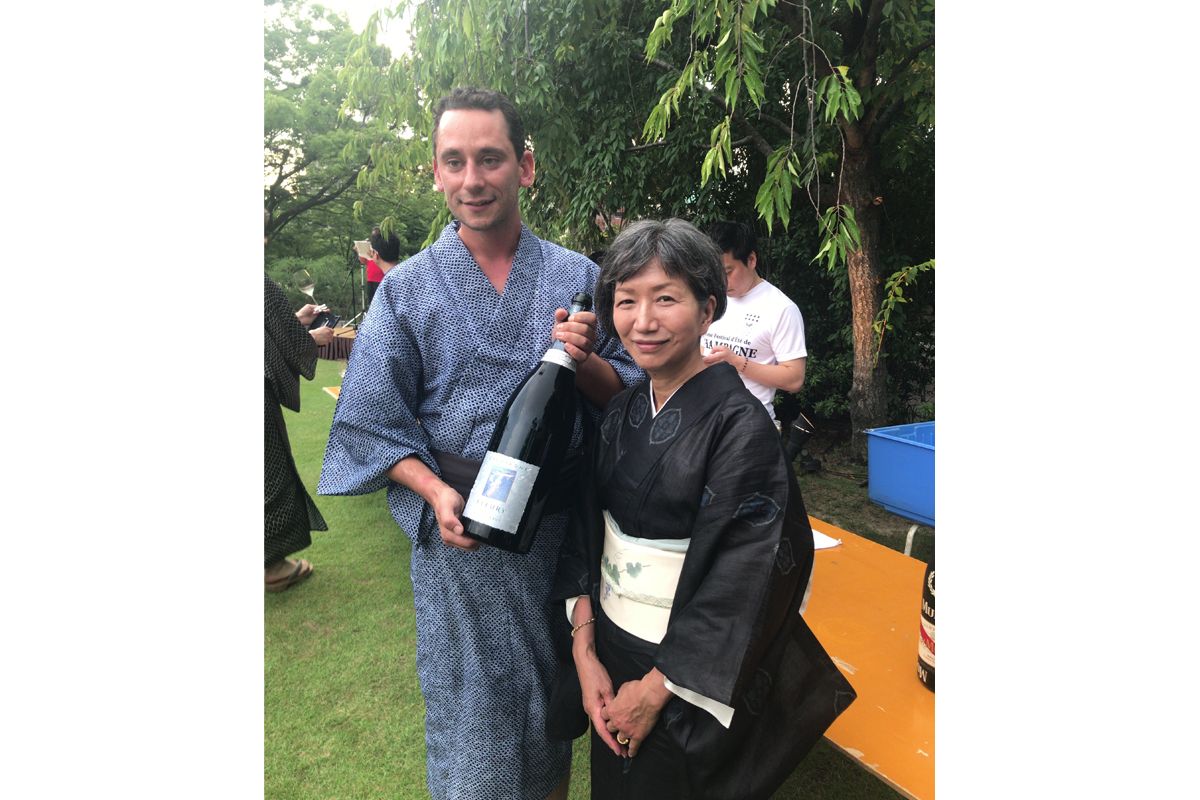
Meet importer Ms Yasuko Goda
4 min read
Ms Yasuko Goda is co-owner of Racines, one of the leading importers of natural wines into Japan. She works closely with many leading natural winemakers - see the list here. We caught up with Ms Goda to hear her story ....
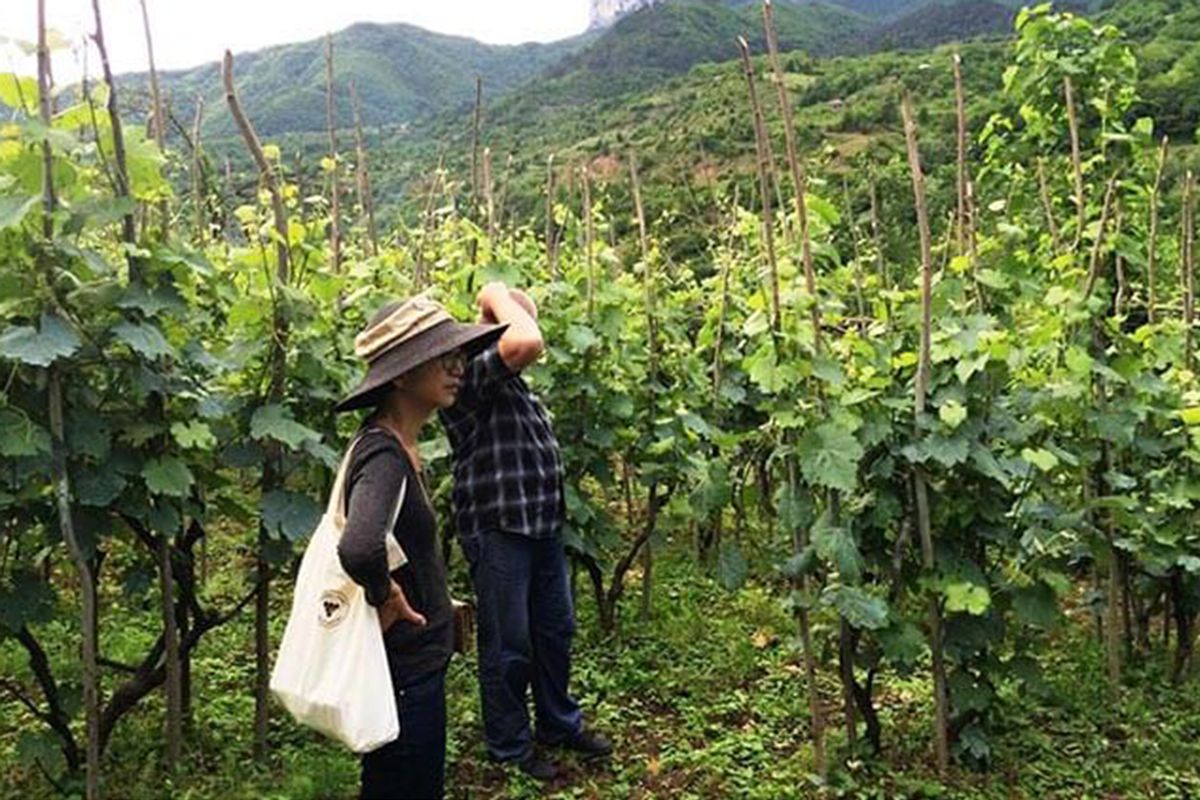
What are you first memories of natural wine?
In 1988, I came back from a year learning about wine tasting at Bordeaux University. Between 1988-1995 I was in charge of wine purchasing at an importer. As a buyer, I devoted myself to exquisite, high quality wine. I happened to get a high reputation through finding young, unknown but talented wine producers. In other words, I did not wish to work with already famous producers in Bordeaux or Burgundy because I had no interest in the authorities of an older generation.
I wanted to find unique and exciting wines that would be appreciated and enjoyed with emotion by many people - not just expensive wines for collectors. I happened to be given a rare chance to taste and enjoy excellent natural wine in Paris in 1996. I fell in love with natural wines at the first sip. They were just what I was looking for.
Natural wine, to me, was a very difficult but most interesting experience. I then proceeded with my “natural wine project”. But the world of natural wine lacked reliable information - it was like navigation without a map.
What, in your opinion, is the definition of a natural wine?
The point is that natural wine, if selected rightly, is free from any artificial taste and flavour. The texture of natural wine is completely different from that of modern wine made from non-organically cultured grapes and by modern techniques with cultured yeast and additives and so on ...
The aftertaste and the feeling the day after are also completely different from drinking of other wines. I feel as if I stay safely on this earth in peace without fear of deconstruction. I prefer natural wine made from old vines and/or franc de pied from producers who have their own philosophy and who will not stint in their efforts.
How did Racines start?
We started with French wine from 1988-1995. In 1995, we began with Italy, then Greece in 2009. Germany and Austria in 2011, Georgia in 2013, Spain in 2015 (especially natural wines by Laureano Serres, Esencia Rural and Envinate (it’s not natural wine but wonderful wine). In 2017 we added Armenia, Oregon and Sonoma.
You started travelling to Georgia in 2013. What did you discover?
The best example of Georgian qvevri wine has its natural dignity. It is prepared from the indigenous varieties and also gifted with warmness and energy derived from mother earth. This is one of the most incomparable wines on earth. It is the fruit of wisdom of ancestors who were well aware of this land, natural environment of Georgia. Georgian qvevri wine is a living tradition - the most paradoxical existence of being the oldest and newest at the same time.
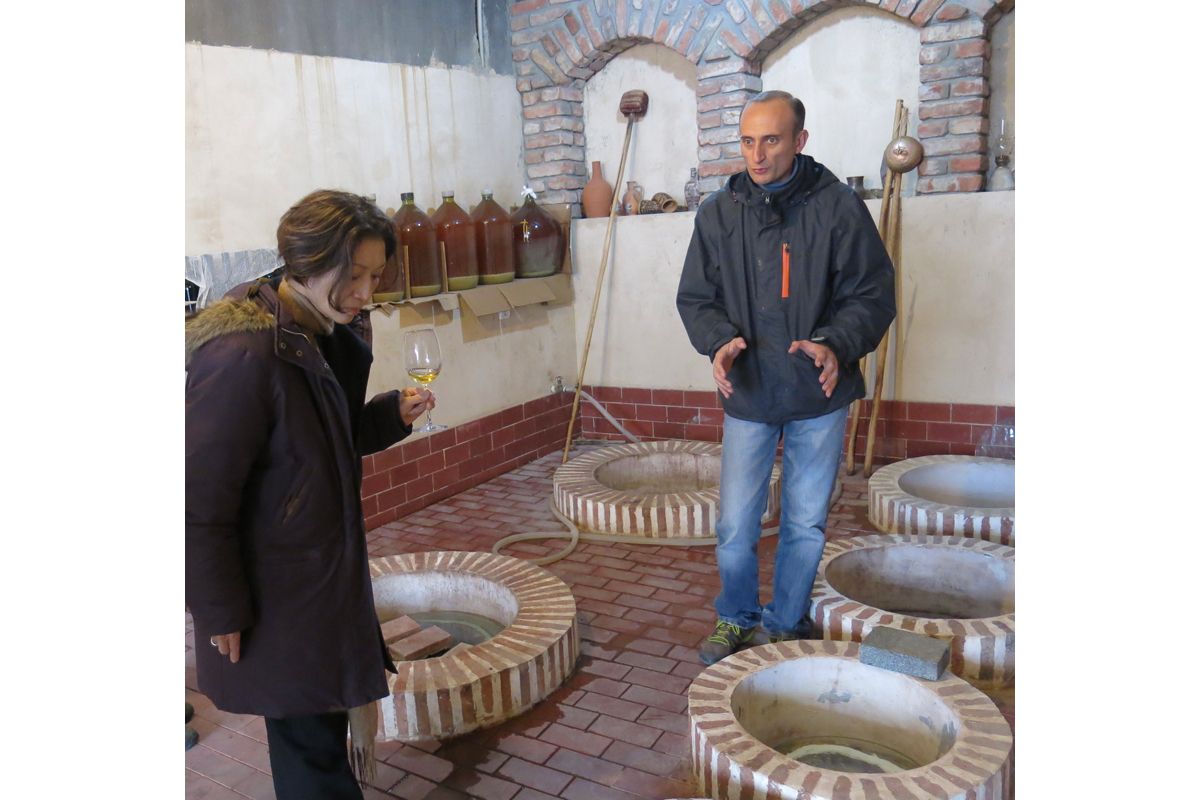
Which is you favourite wine region?
Wines from Loire. I love Chenin Blanc but also the Austria Sepp Muster, the Georgian grower Nikoloz Antadze etc
Tell me about your work with champagne?
I’ve been worked with the development of RM champagne (récoltant manipulant) for 25 years. I worked with Egly-Ouriet and Alain Robert, which demonstrated the excellence of RM. In 1997, I met Anselme Selosse and started working with him. He introduced me to Jerome Prevost. The new wave of organic viticulture started by Anselm gradually became a major influence on the young vigneron. Although Champagne is the most expensive and technical wine region in the world, some of the young talented winemakers are starting to work organically, and a vibrant movement continues to take place. Since around 2000, Herve Jestin has also been influencing other winemakers with his Resonance method, which is based on a dialogue with the wine. Together with these winemakers, Racines has been building the RM Champagne movement in Japan.
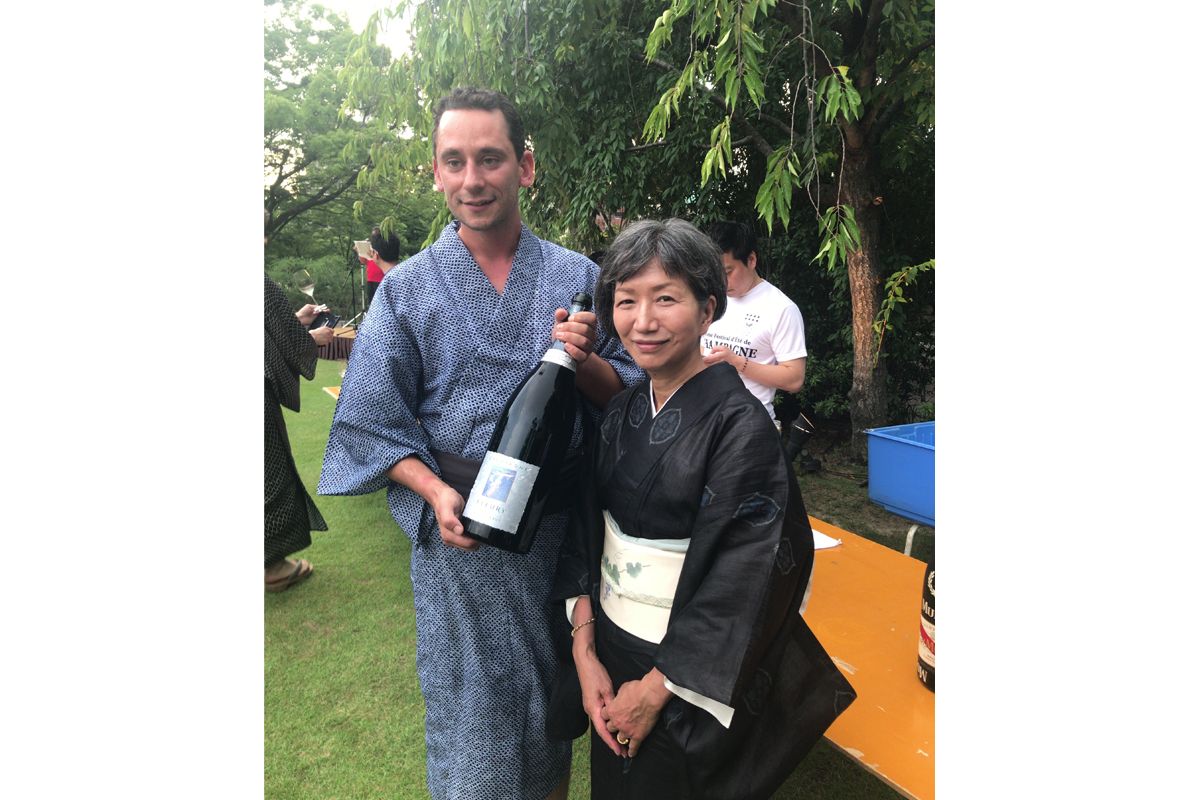
Why is there such a strong demand for natural wines in Japan?
One reason is that the Japanese are not so familiar with the traditional wine culture. They are little gourmands who can judge wine on its own merits. Moreover, according to the Japanese way of thinking, they give high respect to delicate and elegant flavours in their food and wine. Modern wines which are too intense and concentrated with block-buster flavours never go well with Japanese food. Varieties such as Loire’s Sauvignon and Chenin Blanc can be matched generally with Japanese dishes. The Japanese are unprejudiced young wine drinkers. They have realized and taken action on their own - learning that natural wines matched with their usual diet without any education from the wine schools and sommeliers.
Do you think it is just a fad?
It is clear to me that natural wine - I mean the concept and taste of natural wine - now holds an important part in the wine world and world itself because the concept is fit for environmental respect and the idea of “ to live and let live”. It is not a mere trend and it will gain more and more influence in the wine world, although it is not easy to make good or excellent natural wine. Now it is time for consumers to choose carefully. The most important thing is that fine wine gives us great, incomparable rapture in taste. Only afterwards might we learn that it is natural wine made by excellent vignerons.
What is next for you and your business?
Opening a wine bar with small wine shop for a younger generation.

